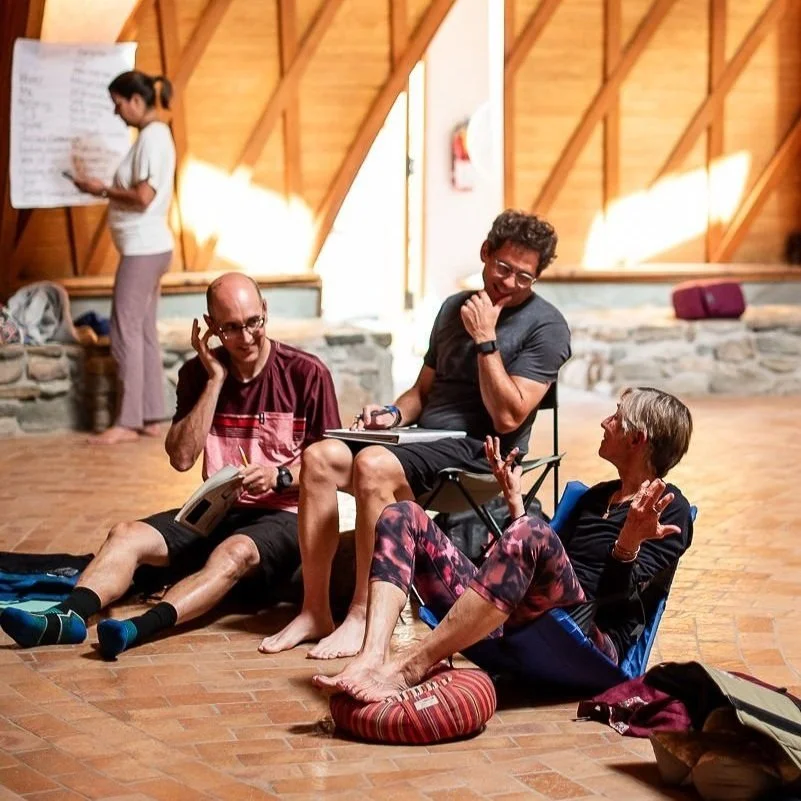Love and Belonging
Love and belonging are humanity's most primitive needs, beyond food and shelter. This fundamental drive to connect is essential for our emotional well-being and mental health.
This isn't just an intuition; the longest longitudinal study, conducted by Harvard University, found quality relationships to be the most relevant factor for a good life. Humans are intrinsically social creatures wired to connect.
When this need is unmet, it leads to significant suffering. People feel more judgment, more rejection, more alone and more fear of being alone. This sense of alienation, separation, and "not enoughness" (shame) results in widespread loneliness. A cultural shift towards individualism contributes to this challenge.
A culture of individualism and an emphasis on being right pressures people to conform rather than genuinely belong. Many become skilled at “fitting in” through performance and achievement, suppressing authentic parts of themselves under silent pressure. This quest for external validation prevents us from being our true and authentic self.
Moreover, sustained relational ruptures can lead to a dysregulated nervous system, impairing the ability to engage in healthy connections. The avoidance of emotional discomfort often results in cultural numbness, where we live on autopilot, surviving and fitting in as someone else instead of thriving and belonging as we are.
True transformation however, rarely happens in isolation. Healing happens in the messy, vulnerable space of shared truth with others. This collective experience dissolves judgment, ignites connection, and lifts the weight of secrecy, shattering the illusion of being "the only one" and building belonging, courage, and radical acceptance. This process can accelerate change and momentum towards vitality by rewiring the mind.
A crucial element in cultivating authentic belonging is self-compassion. It affirms that right here right now, you as you are are enough, countering the idea that something is inherently flawed with you.
To nurture this authentic connection and deepen belonging, it's vital to:
Embrace vulnerability: Being your "110%" self distinguishes belonging from merely "fitting in". This involves sharing your "real currency".
Practice self-awareness: Knowing yourself through mindfulness is a personal responsibility. Techniques like the pause or the SEW (somatic sensation, emotion, want) check-in help connect with your body and true needs.
Cultivate courage and willingness: While the world isn't always "safe," seek out brave spaces and brave people. Taking conscious risks in relationships is part of growth.
Prioritize connection over being "right": The cultural emphasis on being right can hinder belonging. Prioritizing connection fosters a more accepting environment. Pausing can help shift from needing to be right to greater awareness.
Speak your truth: Being truthful about your needs and capacity is often more empowering than rigid boundaries, requiring self-ownership and vulnerability.
By nurturing our innate need for love and belonging, both internally and with others, we can move beyond mere survival to thrive, leading to a life filled with purpose, vitality, and peace.

